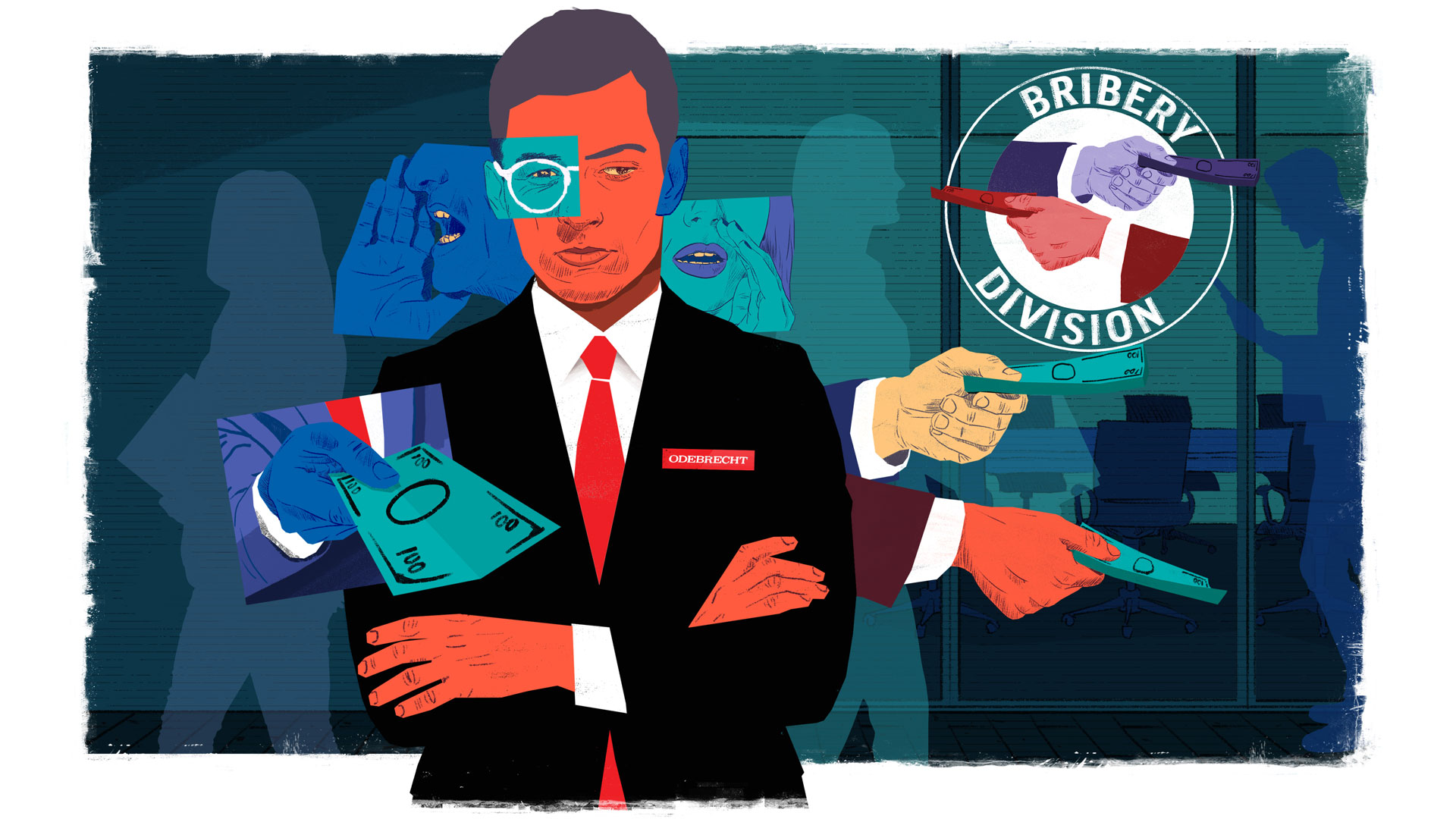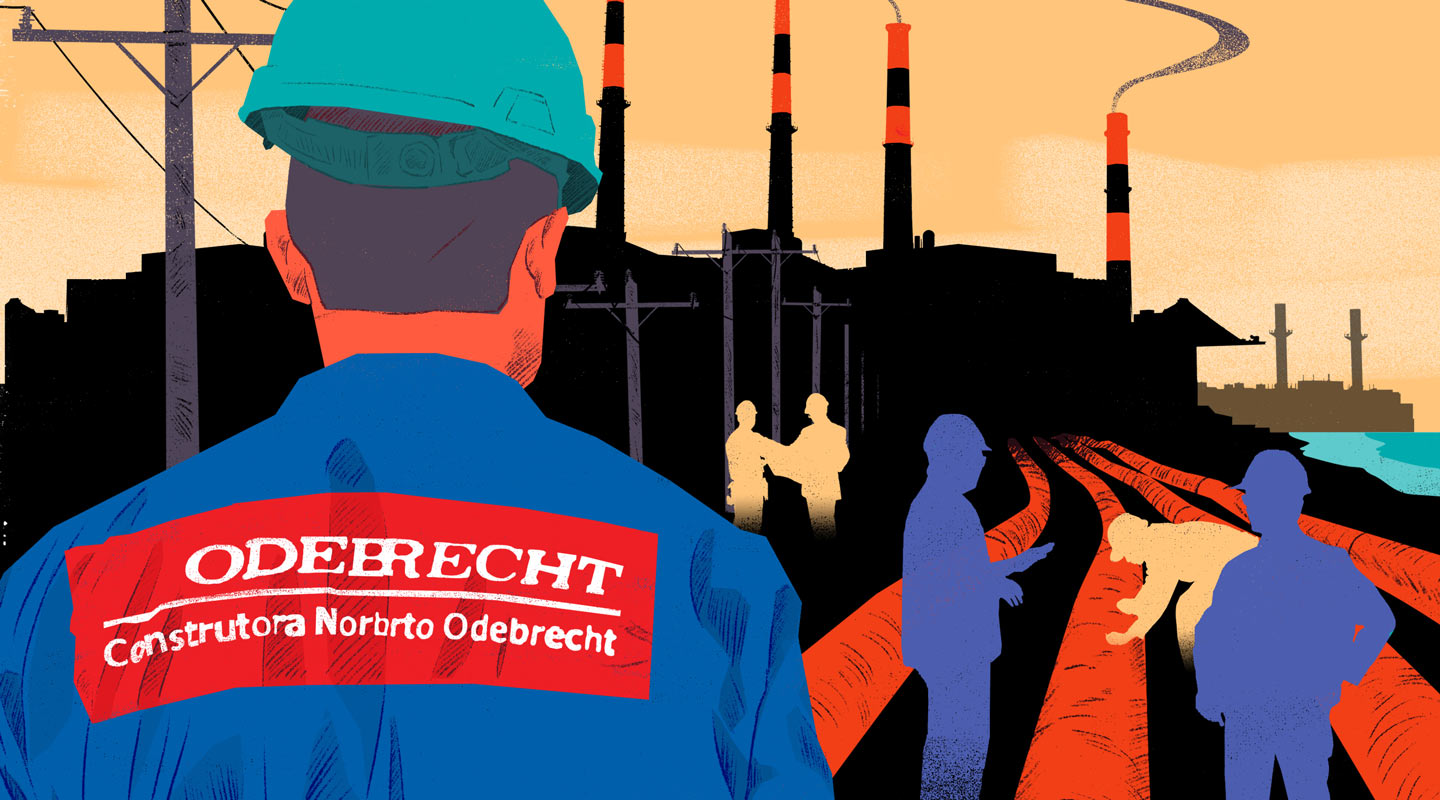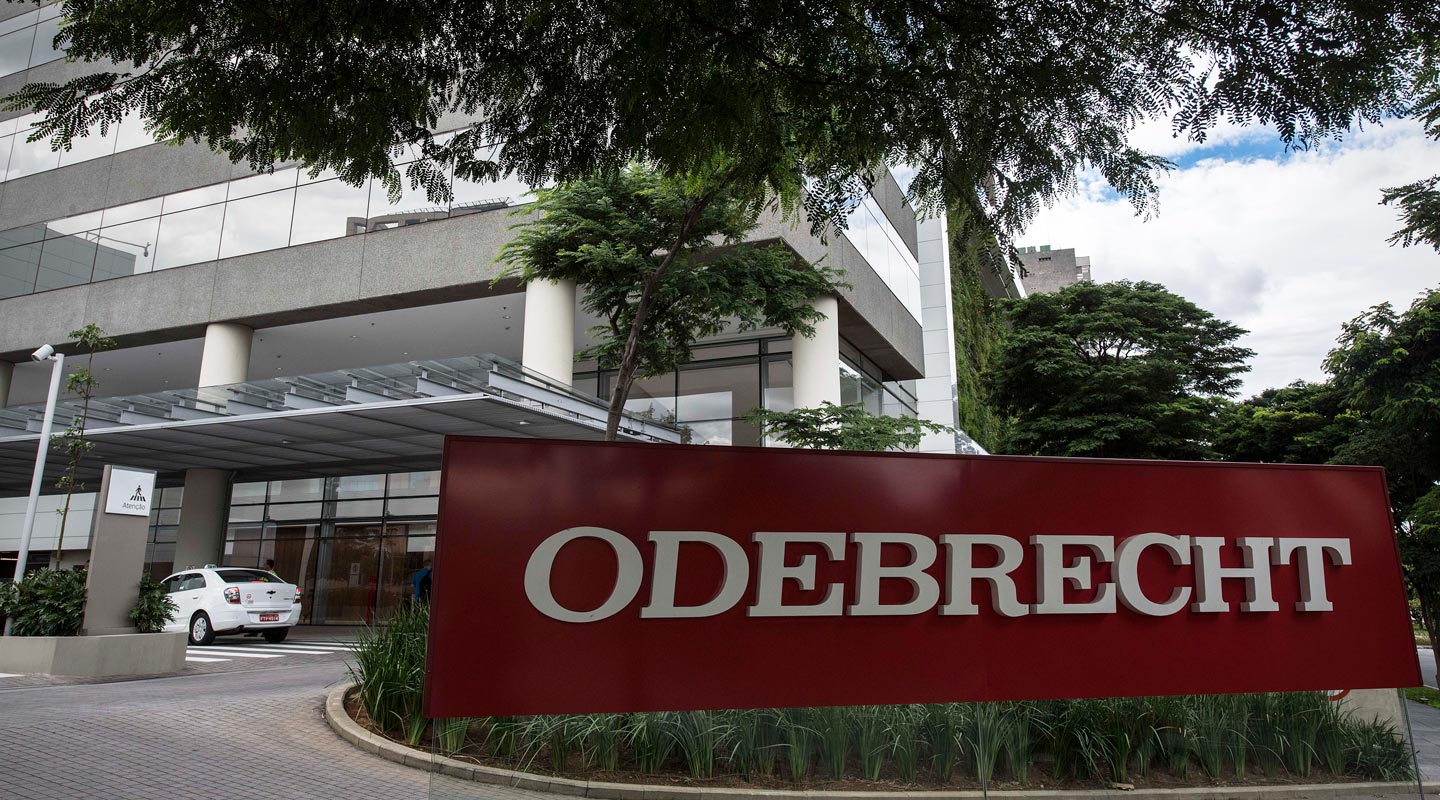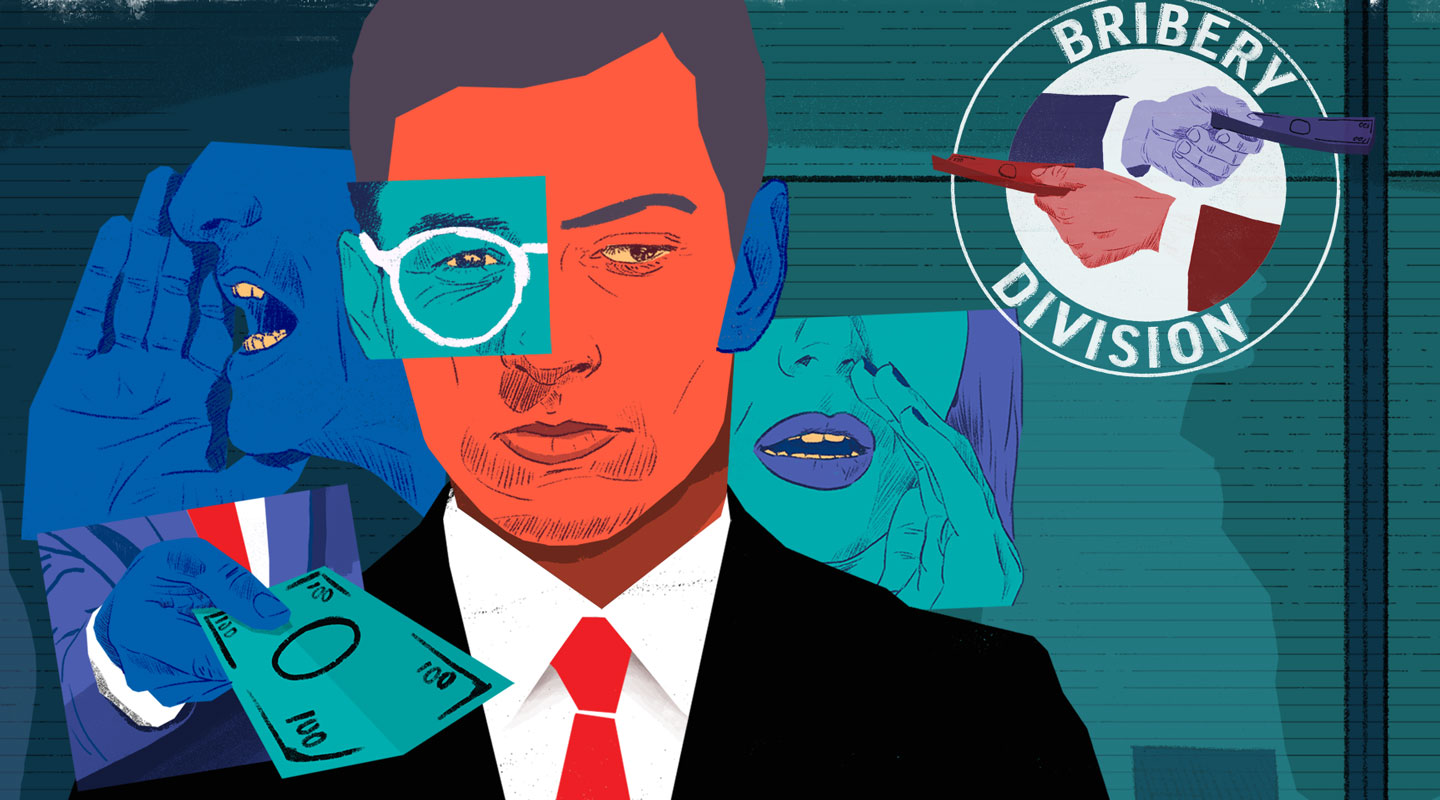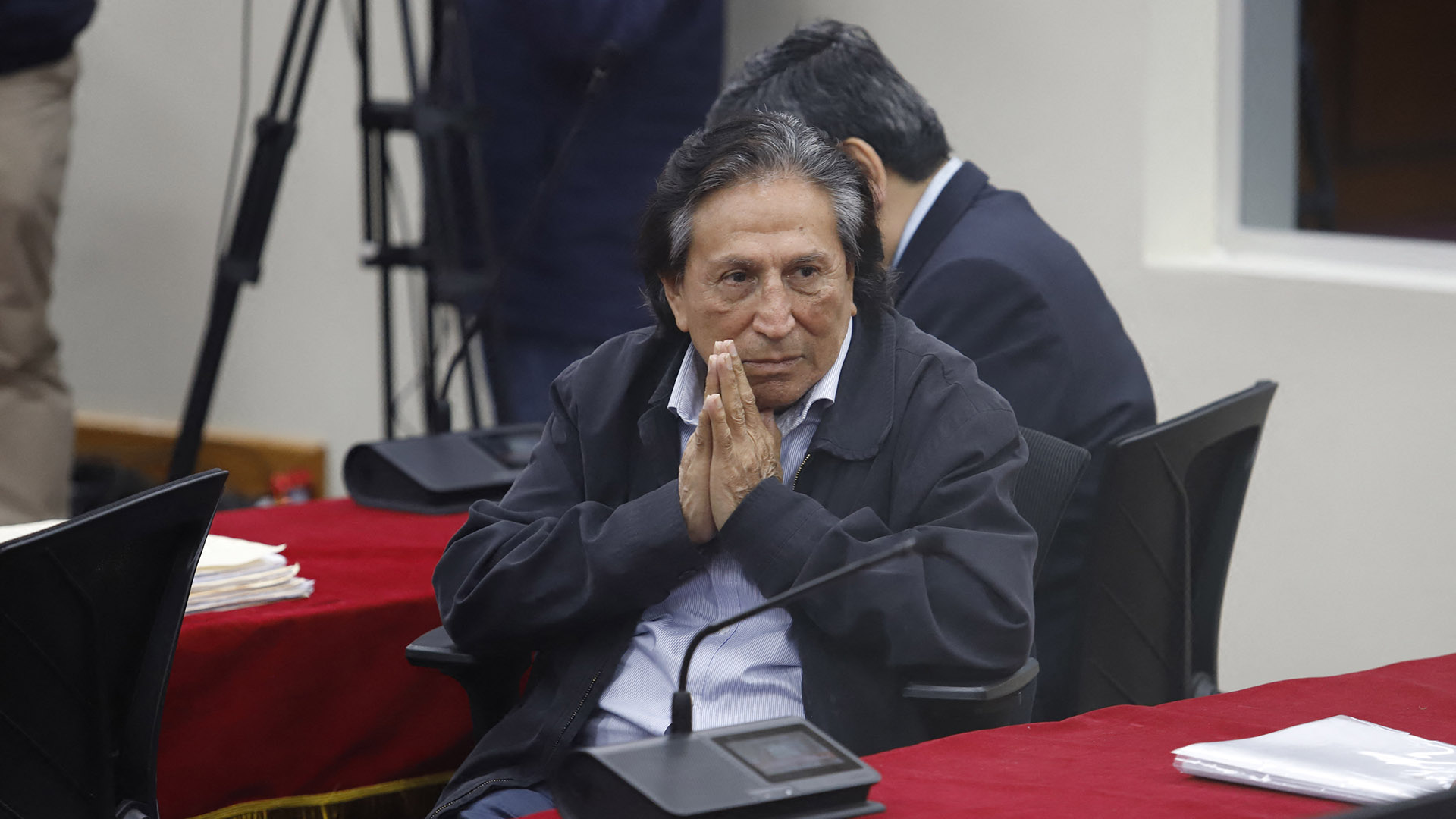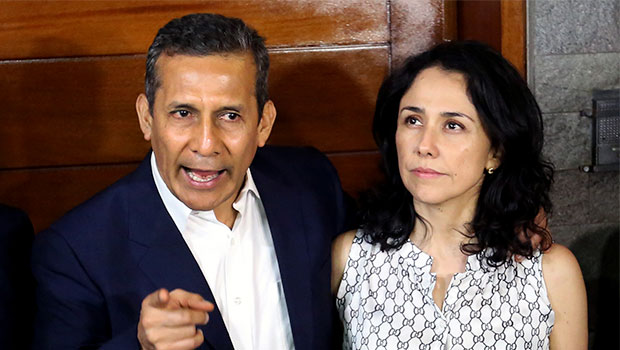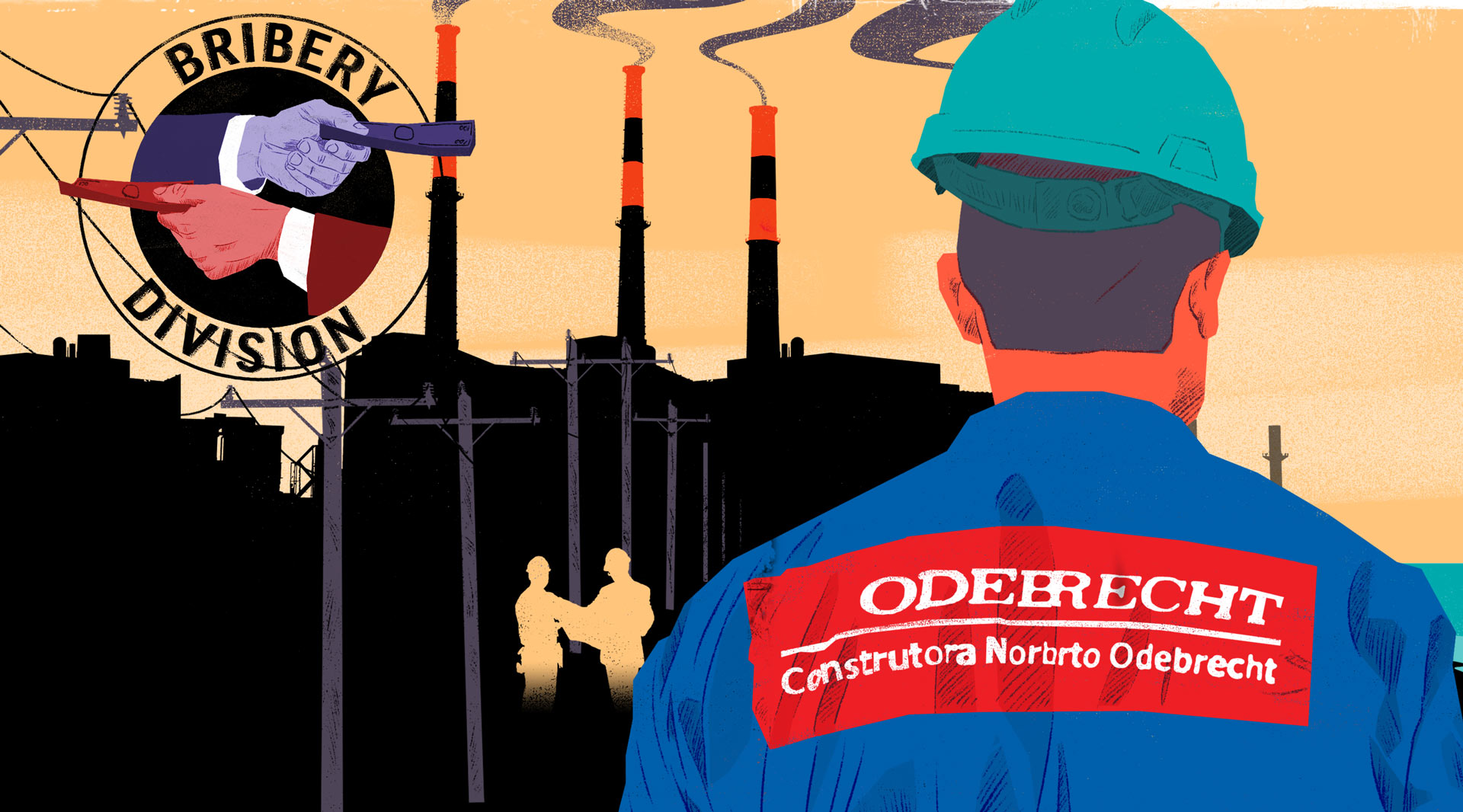A United States Senator and former presidents of Peru and Ecuador have responded to the Bribery Division investigation, joining politicians and advocates across the Americas who have issued calls for reform or defended their records within a day of the investigation’s publication.
The project, which uncovered hundreds of millions of dollars in secret payments by a division of Brazilian construction firm Odebrecht that managed the company’s bribes, was led by the International Consortium of Investigative Journalists and included more than 50 journalists in Latin America and the United States.
U.S. Senator Marco Rubio, a Florida Republican, responded to findings that a key Odebrecht operative whose offshore company was used for corrupt payments in Venezuela also owned properties and businesses in Miami, as reported by ICIJ’s partners at The Miami Herald.
“If Odebrecht’s dirty money made its way from Venezuela to Miami through shell companies, this must be immediately investigated,” Rubio told The Herald.
Yesterday Rubio and two Democrats, Sen. Ron Wyden and Sen. Sheldon Whitehouse introduced a bipartisan bill in the U.S. Senate to crack down on anonymous shell companies. The Corporate Transparency Act would require U.S. companies to disclose their flesh-and-blood owners when they incorporate and keep their ownership information up to date.
Advocates said that the publication of The Bribery Division provided additional momentum for the bill’s passage.
“Today’s exposé into Odebrecht’s allegedly corrupt practices adds to the mountain of evidence pointing to anonymous companies as the primary vehicle for laundering the proceeds of grand corruption, crime, and various other financial misdeeds — with U.S. entities playing an integral role,” said Clark Gascoigne, the deputy director of the Financial Accountability and Corporate Transparency Coalition, in a statement.
A companion bill to the Corporate Transparency Act has been introduced in the United States House of Representatives, and was advanced out of the House Financial Services Committee on June 12.
Responses to the investigation also rippled across Latin America, where the attorney general’s office in Panama pledged to examine ICIJ’s findings and former presidents of Peru and Ecuador took to Twitter to defend their records.
In Panama, ICIJ’s partners at La Prensa revealed undisclosed payments linked to the Panama City metro and Tocumen International Airport, as well as more than $16 million paid to a recipient known only by the codename Cachaça.
In a statement issued in response to the Bribery Division’s findings, Panama’s attorney general’s office, known as the Public Ministry, said it needed more time to fully investigate the Odebrecht case, including the new revelations.
“Anti-corruption prosecutors are carefully analyzing the new journalistic data,” the Public Ministry said.
In Peru, reporters at IDL-Reporteros and Convoca uncovered more than $3 million in secret payments related to the massive gas pipeline Gasoducto Sur, which was approved under the administration of former President Ollanta Humala.
Humala spoke out on Twitter to defend his administration’s actions.
“My government created for the first time a clause in the Gasoducto project safeguarding the right of the state to rescind the contract if corruption is discovered,” Humala wrote. “This should be investigated.”
Humala was indicted in May on charges of Odebrecht-related corruption, and prosecutors are seeking a 20-year prison sentence.
En mi gobierno se instauró por 1era vez una cláusula en el proyecto Gasoducto para salvaguardar el derecho del Estado de resolver el contrato si se descubría corrupción. Odebrecht ha reiterado hoy que no se trata de coimas sino pagos internos y a privados. Eso debe investigarse.
— Ollanta Humala Tasso (@Ollanta_HumalaT) June 26, 2019
In Ecuador, ICIJ’s partners at La Posta and El Universo revealed emails by employees in Odebrecht’s bribery unit discussing payments associated with the Quito Metro and a highway called the Ruta Viva, two high profile public works projects that had escaped inclusion in previous Odebrecht-related criminal cases in Ecuador.
The records suggest that a confession to prosecutors by José Conceição dos Santos, Odebrecht’s former chief of operations in Ecuador, may not have been complete. Dos Santos’ testimony was crucial in securing the corruption conviction of former Ecuadorian Vice President Jorge Glas, who is currently serving a 6-year prison sentence.
Former Ecuadorian president Rafael Correa took to Twitter to criticize dos Santos and claim vindication for Glas, who served as his vice president and is his close political ally.
“This is very serious. Santos lied and manipulated information,” wrote Correa. “Jorge Glas should be set free tomorrow!”
Esto es extremadamente grave. Santos mintió y manipuló información.
¡JORGE Glas debería salir libre mañana mismo!!! https://t.co/0JzLjmdB02— Rafael Correa (@MashiRafael) June 26, 2019
In the Dominican Republic, ICIJ’s partners at Noticias SIN uncovered more than $39 million in hidden payments linked to the Punta Catalina coal power plant, despite two official investigations that found no evidence of wrongdoing on the project.
Civil society group Participación Ciudadana and a political movement known as Bien Común demanded answers from President Danilo Medina, alleging that his government had failed to properly investigate because the scandal had occurred on his watch.
“It is unacceptable for President Medina to stay silent and pretend that nothing has happened here and that his government has nothing to do with this corruption scandal,” said Participación Ciudadana, which is the Dominican chapter of Transparency International, in a statement.
For its part, Odebrecht issued a statement insisting that it had been fully transparent with law enforcement agencies, and that not all payments revealed by ICIJ from the records of its infamous Division of Structured Operations were bribes.
“All of the documents and testimonies about past events, including the full records of the platforms Drousys and My Web Day from the defunct Division of Structured Operation, have been in the possession of the Brazilian Public Ministry and the U.S Department of Justice for three years,” the company said.
The company’s statement appeared to attribute the responsibility for the lack of law enforcement actions related to the payments uncovered by ICIJ to prosecutors in the countries where the payments were made.
Jessica Tillipman, an assistant dean at George Washington University Law School who specializes in anti-corruption issues, said that lack of follow-up by national prosecutors reveals a gap in the global legal system that allows corruption to persist.
“We have these really powerful statutes like the Foreign Corrupt Practices Act,” Tillipman said, referring to the anti-bribery law used to secure Odebrecht’s plea agreement in the United States. “But if governments aren’t prosecuting their own officials, it doesn’t stop.”
